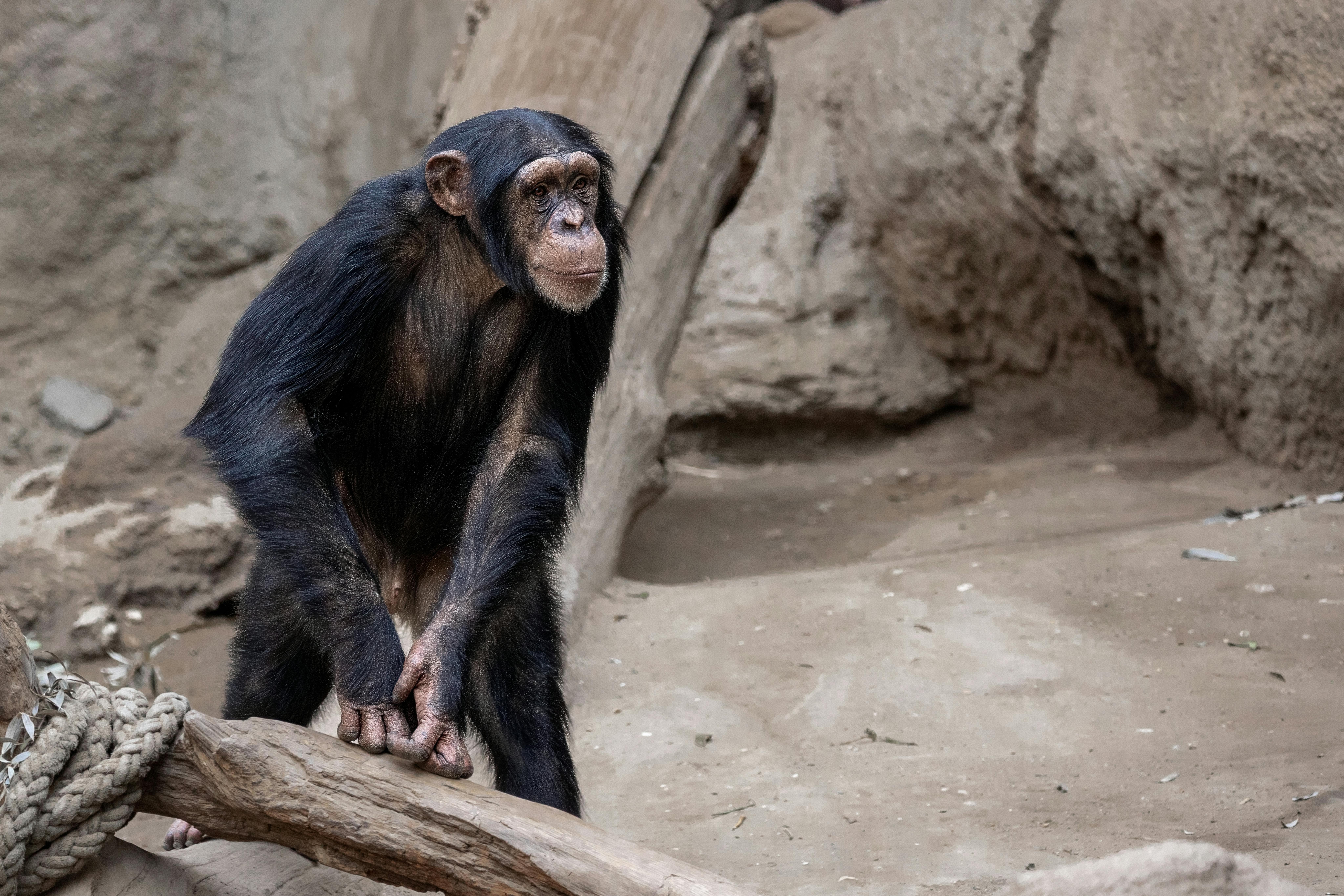Effective Ways to Extend Your Russian Dwarf Hamster's Lifespan in 2025
Russian dwarf hamsters are beloved pets known for their charming personalities and small size. As pet owners, ensuring the longevity and happiness of these little companions is a priority. Understanding factors that influence their lifespan is critical for every hamster enthusiast. This article explores effective ways to extend your Russian dwarf hamster's lifespan through proper care, nutrition, and environment adjustments.
Owning a hamster comes with the responsibility of providing a safe and enriching environment. In this guide, we will cover essential topics such as proper diet, habitat setup, health check-ups, and interaction techniques. By implementing these recommendations, you can significantly enhance the quality of life for your Russian dwarf hamster.

Key takeaways include actionable steps to improve your hamster's nutrition, ways to create an engaging habitat, and the importance of regular health evaluations. Now let's delve into these crucial aspects of hamster care.
Essential Nutrition for Longevity
Providing the right nutrition is fundamental to extending your Russian dwarf hamster's lifespan. A balanced diet rich in essential nutrients can prevent various health issues and promote overall well-being. This section outlines the best practices in feeding your pet, the type of food to offer, and common dietary mistakes to avoid.
Choosing the Right Hamster Food
Selecting high-quality hamster food is crucial. Look for blends specifically formulated for dwarf hamsters, which typically contain a mix of seeds, grains, pellets, and dried fruits. These mixes are designed to meet their specific dietary needs, providing the right balance of protein, carbohydrates, and fats.
In addition, avoid foods high in sugar and fat, as they can lead to obesity and other health issues. Consider supplementing their diet with fresh vegetables like carrots, cucumbers, and leafy greens. These can provide vital vitamins while keeping your pet hydrated.
Hydration and Water Sources
Water is another essential component of a dwarf hamster's diet. Ensure they have constant access to fresh water, preferably supplied through a water bottle with a sipper tube, which is more hygienic compared to a bowl. Change the water daily to keep it clean and appealing.
Healthy Treats and Snacks
While you may be tempted to share human food with your pet, it's important to stick to hamster-safe treats. Occasional offerings of small pieces of fruit, unsweetened baby carrot pieces, or a small amount of plain cooked chicken can provide variety in their diet.
Remember, however, that treats should only make up a small portion of their overall food intake to avoid health-related issues. Offering too many treats can lead to weight gain and associated health problems.
Creating a Safe and Stimulating Environment
Beyond nutrition, the environment plays a significant role in a dwarf hamster's lifespan. A properly designed habitat ensures your pet's physical and psychological health. This section offers pointers on creating the ideal living space for your little friend.
Choosing the Right Cage Size and Type
Selecting the right cage is the first step in providing a suitable environment. Ensure the cage is spacious enough for your hamster to explore and exercise. A cage with horizontal bars is preferable, as it allows your hamster to climb and play. The minimum recommended cage size for a Russian dwarf hamster is 24” x 12” with multiple levels for climbing.
Substrate and Bedding Materials
Proper bedding is essential for your hamster's comfort and health. Avoid cedar or pine shavings, as these can lead to respiratory issues. Instead, opt for aspen shavings, paper-based bedding, or hemp bedding, which are safer alternatives. Providing deep bedding encourages natural burrowing behavior.
Enrichment and Toys
Enhance your hamster's habitat with various toys and hiding spots. Chew toys, tunnels, and exercise wheels keep them entertained and active. Rotate their toys regularly to provide new stimuli, which can aid in mental stimulation and reduce boredom.

Regular Health Check-Ups
Monitoring your Russian dwarf hamster's health is vital for addressing any potential issues before they escalate. Regular check-ups not only help you catch health problems early but also familiarize your pet with being handled.
Signs of Illness to Watch Out For
Understanding common signs of illness can aid in early detection. Symptoms such as lethargy, changes in appetite, fur loss, or abnormal behavior should alert you to seek veterinary care. As a responsible pet owner, being aware of these signs can save your hamster’s life.
Routine Veterinary Visits
Schedule annual check-ups with a veterinarian experienced in small animals to ensure your hamster remains healthy. Besides general health checks, routine dental evaluations are crucial as hamsters are prone to dental issues. Your vet can provide specific guidelines on maintaining your pet’s health.
Common Health Issues in Hamsters
Some common health concerns for Russian dwarf hamsters include wet tail, respiratory infections, and dental disease. Learning about these ailments can prepare you to act swiftly. For instance, ensuring your hamster’s habitat remains clean and dry can help prevent wet tail.
Engaging Interaction and Mental Stimulation
Interacting with your Russian dwarf hamster daily promotes bonding and mental well-being. Spend time observing and handling your pet gently to build trust. This section discusses engagement strategies that will foster a positive relationship between you and your hamster.
Handling Your Hamster Safely
When handling your dwarf hamster, ensure you do so gently. Support their body fully and avoid grabbing them from above, which can mimic a predator's approach. Instead, allow them to walk into your hands from the side for a more comforting experience.
Playtime Outside the Cage
Creating a safe play area outside the cage encourages exercise and exploration. Use an enclosed space to prevent escapes, providing access to tunnels, small toys, and obstacles. Always supervise playtime to protect your pet from potential hazards.
Positive Reinforcement Training
Training your hamster can be both rewarding and beneficial. Utilize treats to reinforce positive behaviors such as coming to you or using a specific area as a bathroom. Training sessions not only stimulate your pet mentally but also help establish a stronger bond.
Final Thoughts on Hamster Care
By implementing these effective ways to extend your Russian dwarf hamster's lifespan, you can create a fulfilling life for your pet. Proper nutrition, a stimulating environment, regular health checks, and interactive play will contribute significantly to their well-being.
